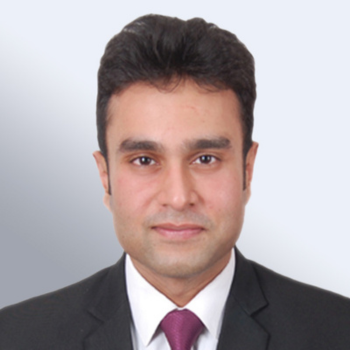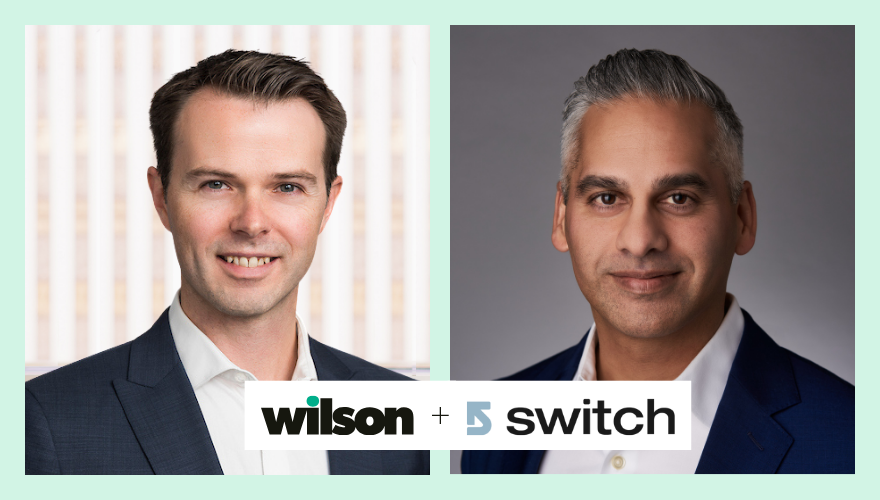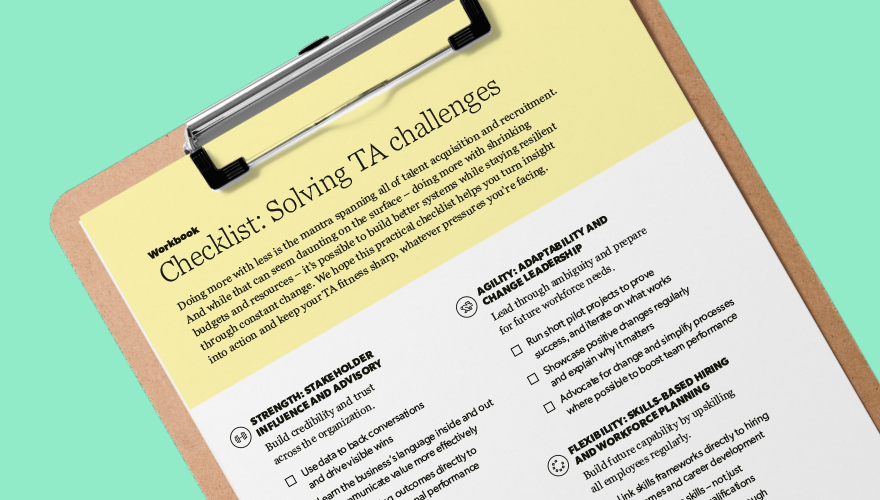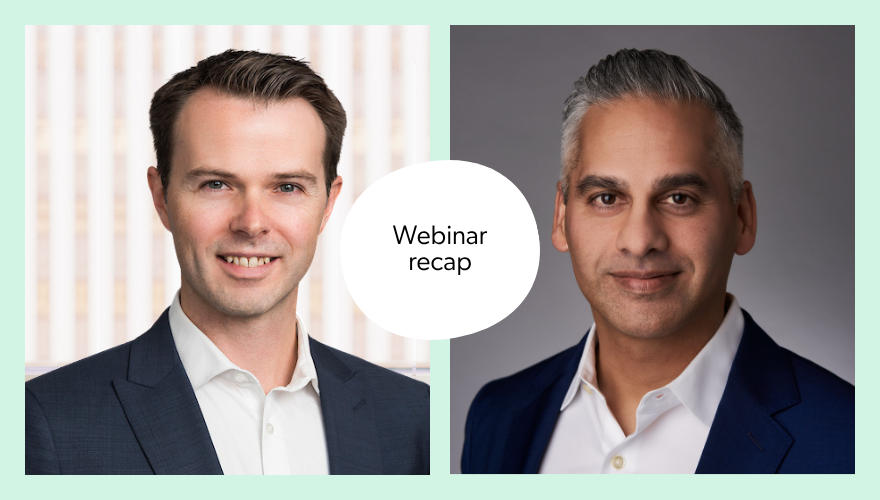Blog
Turning vision into reality: laying the foundation for workforce sustainability

Organizations are navigating a complex and dynamic landscape, where the need for a sustainable workforce has never been more pressing. What are some of the key considerations for HR and talent leaders? Lokesh Goyal and Shikhar Agrawal from Everest Group provide their insights.
Workforce sustainability is about more than just filling positions. It’s about creating a resilient, future-ready workforce through thoughtful and strategic planning. By aligning workforce growth with business objectives, organizations can avoid the continuous cycles of over-hiring and subsequent layoffs, enabling them to create a sustainable workforce strategy.
Beyond talent acquisition, a sustainable talent strategy focuses on onboarding, development, retention, and the holistic well-being of employees. It demands breaking down traditional silos between talent acquisition and talent management to create a seamless, integrated approach. By viewing both talent acquisition and management under a cohesive strategy, enterprises can enable better workforce planning and enhance employee experiences.
Strategies for permanent and contingent workforce planning
To achieve workforce sustainability, it is important to develop a unified approach to talent, both permanent and contingent. For organizations, permanent and contingent talent represent distinct talent channels that can be leveraged based on specific needs. Permanent talent is critical for addressing long-term organizational needs, providing stability and continuous expertise across core business functions. Contingent talent, including emerging approaches like direct sourcing, staff augmentation, and freelancer management, offer flexibility to meet immediate and project-based workforce demands, enabling organizations to rapidly scale and respond to dynamic business challenges.
Skills intelligence is one of the key levers that can help streamline the process strategically. By leveraging skills insights to map existing capabilities and identify skill gaps, organizations can make informed talent acquisition decisions while aligning hiring with long-term workforce needs. Coupled with targeted learning programs and talent mobility, this approach strengthens internal talent pools, ensuring employees are not only hired for the right job roles but are also continuously nurtured and developed.
Addressing talent mismatch through skills intelligence frameworks
One of the most pressing challenges today is talent mismatch—the disconnect between the skills available in certain regions and the needs of organizations. Skills intelligence offers a potent solution, enabling organizations to identify skills gaps, and gain visibility on skills availability across geographies, and address the disparities effectively.
Technology plays a foundational role in this process. Skills intelligence platforms allow organizations to standardize and map skills using customized taxonomies, streamlining processes and reducing complexity. Market intelligence and predictive analytics further enhance strategic planning, helping leaders anticipate talent needs and align workforce strategies with long-term goals.
Enhancing candidate and employee experiences
Workforce sustainability hinges on creating exceptional experiences—not just for employees but for candidates too. The two are intrinsically linked: a poor candidate experience weakens talent pipelines, while positive employee experiences drive engagement, retention, and help in creating a strong employer brand.
Focus on enhancing candidate and employee experience has led to a greater emphasis on the use of specific platforms. Candidate experience platforms can help streamline the hiring process, attracting and engaging the right talent to align with long-term organizational needs. Meanwhile, employee experience platforms go beyond rewards and recognition, integrating performance management, skills development, and feedback to drive engagement, enhance employee retention, and support ongoing workforce growth.
The role of service providers
Service providers are critical allies in the journey toward workforce sustainability. Acting as strategic partners, they bring expertise and innovation to the table, helping organizations adapt to changing needs. In addition to traditional recruitment and contingent workforce management support, providers can support strategic workforce planning initiatives such as graduate hiring programs, skills-based mapping, and internal mobility strategies.
Workforce planning is another area where service providers are invaluable. Through consulting and advisory services, they optimize talent channels, forecast demand, and ensure that organizations remain prepared for future challenges. Their ability to align external insights with internal strategies can be invaluable in building a sustainable workforce.
Key areas of focus for HR and talent leaders
To drive workforce sustainability, consider the following:
- Enhance coordination between TA and TM functions: Break down silos to create a unified approach to managing internal and external talent.
- Leverage skills intelligence: Use skills mapping to inform hiring decisions, enable internal mobility, and address gaps.
- Enhance candidate and employee experiences: Focus on every interaction, from the hiring process to ongoing development and engagement.
- Adopt a strategic approach to contingent talent: Utilize multiple contingent channel sources to manage short-term or project-based needs effectively.
- Invest in predictive analytics and market intelligence: Proactively plan for future workforce needs using data-driven insights.
- Start small, iterate, and scale: Pilot initiatives to identify what works before rolling out at scale.
A practical path forward
Workforce sustainability is not a one-time effort but an ongoing journey. HR and talent leaders who focus on incremental improvements and use data and technology to support their efforts will be well-positioned to navigate today’s complexities while preparing for tomorrow’s opportunities.
Watch our virtual roundtable
Watch our expert panel featuring a special guest from Everest Group for an insightful discussion about building and maintaining sustainable workforces that drive organizational success.
![shutterstock_1943995624 [Converted]-1](https://www.wilsonhr.com/hubfs/wilson-2024/Images/Workforce_Sustainability/Event_posts/shutterstock_1943995624%20%5BConverted%5D-1.svg)













